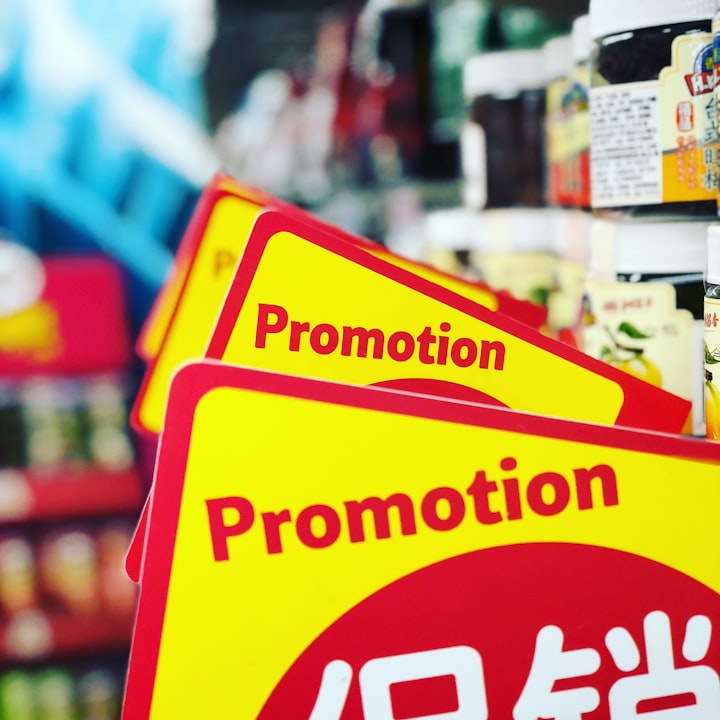Expanding Trade Opportunities for Developing Nations
Discuss the emotional significance of providing fair and equitable trade opportunities for developing countries, exploring the potential to uplift communities, reduce poverty, and improve quality of life for millions of people
Once upon a time, in a small village nestled within a developing nation, lived a young woman named Maya. She was full of dreams and aspirations, but her reality was overshadowed by the hardships she faced every day. Poverty gripped her community, and the lack of opportunities seemed to stifle any chance of progress. Yet, deep within her heart, Maya held onto a glimmer of hope, believing that one day, her village could break free from the chains of poverty.
One sunny morning, a group of foreign traders arrived in the village. They brought with them an array of goods from far-off lands and tales of prosperity from countries beyond Maya's imagination. The villagers gathered around in awe, marveling at the colorful fabrics, exotic spices, and intricate handicrafts. The traders explained that they had come to explore trade opportunities, seeking to establish a fair and equitable partnership with the people of Maya's village.
Maya, intrigued by the possibilities, approached one of the traders named Carlos. With a hopeful glint in her eyes, she asked, "How can trade help us overcome poverty and improve our lives?"
Carlos smiled warmly, recognizing the determination in Maya's voice. He shared stories of other developing nations that had embraced trade as a means of uplifting their communities. He spoke of farmers who had gained access to international markets, artisans who had sold their crafts to a global audience, and entrepreneurs who had built thriving businesses. Maya listened intently, her heart swelling with a newfound sense of possibility.
As the days passed, the village eagerly embraced the traders' proposition. Maya, along with other villagers, formed a cooperative to produce their own unique goods, tailored to the preferences of the foreign markets. They worked tirelessly, pouring their hearts and souls into their crafts. The traders, in turn, provided guidance and resources to help the villagers develop high-quality products that would appeal to their customers.
Months went by, and the village transformed. Fields that were once barren now bore abundant harvests, as farmers began adopting modern techniques and gained access to better seeds and equipment. Artisans honed their skills, creating exquisite pieces that captured the essence of their culture. Local businesses flourished, generating employment opportunities and circulating wealth within the community.
As Maya's story continued to resonate, leaders and policymakers from around the world took notice. They recognized the immense potential of expanding trade opportunities for developing nations, not only from an economic perspective but also from a humanitarian standpoint. The emotional significance of providing fair and equitable trade opportunities became a driving force in global discussions on international trade policies.
Governments and international organizations joined hands to create platforms that fostered trade partnerships based on fairness, transparency, and inclusivity. They worked together to remove trade barriers, improve access to markets, and ensure that developing nations had a level playing field to compete in the global economy. Special programs were initiated to provide technical assistance, capacity building, and financial support to communities eager to participate in international trade.
Maya's village became a model for sustainable development, attracting visitors from far and wide who sought to learn from their experiences. Scholars, economists, and policymakers came to study the transformation that had taken place, documenting the social and economic benefits that fair trade had brought to the community. Maya herself became an ambassador, sharing her story and advocating for the rights and empowerment of marginalized communities worldwide.
The impact of expanding trade opportunities went beyond uplifting individual communities. It fostered cultural exchange, fostering a deeper understanding and appreciation of diverse traditions, craftsmanship, and heritage. The world began to recognize the intrinsic value of the unique products and skills that developing nations had to offer. Artisans, farmers, and entrepreneurs found a global stage for their talents, receiving recognition, fair compensation, and the satisfaction of knowing that their contributions were valued by others.
The reduction of poverty and improvement in the quality of life became tangible realities for millions of people in developing nations. Families gained access to better education and healthcare, breaking the cycle of generational poverty. Investments in infrastructure and technology created new job opportunities and stimulated local economies. The empowerment of women and marginalized groups gained momentum, as fair trade initiatives prioritized inclusivity and equal representation.
Communities once plagued by hopelessness and despair were now filled with a renewed sense of pride and self-worth. People no longer saw themselves as victims of circumstances but as active participants in shaping their own destinies. They embraced innovation and entrepreneurship, leveraging their newfound economic stability to create sustainable solutions for their communities' most pressing challenges.
The emotional significance of fair and equitable trade opportunities reverberated not only in developing nations but also within the hearts and minds of consumers around the world. People became conscious consumers, choosing to support products and businesses that adhered to ethical trade practices. They recognized that their purchasing decisions could contribute to positive change and make a difference in the lives of those who had been marginalized for far too long.
As the years went by, the world witnessed a remarkable transformation. Developing nations that were once considered as recipients of aid became active contributors to global trade and economic growth. The narrative shifted from one of dependency to one of empowerment and collaboration. It became clear that by providing fair and equitable trade opportunities, the international community had the power to create a more just and prosperous world for all.
Maya's journey, which began with a glimmer of hope in a small village, had ignited a global movement. It taught the world that the emotional significance of fair trade went beyond economic gains—it was about restoring dignity, empowering individuals and communities, and redefining the narratives of developing nations. Through fair and equitable trade, millions of lives were transformed, and the world became a place where dreams were nurtured and realized, regardless of one's place of birth.
Maya's legacy lived on, reminding future generations of the enduring power of trade as a catalyst for positive change. Her story became a testament to the resilience of the human spirit and the unwavering belief in the potential of every individual, regardless of their circumstances. And as the world continued to embrace fair and equitable trade, the vision of a more just and prosperous global society came closer to becoming a reality.






Comments
There are no comments for this story
Be the first to respond and start the conversation.